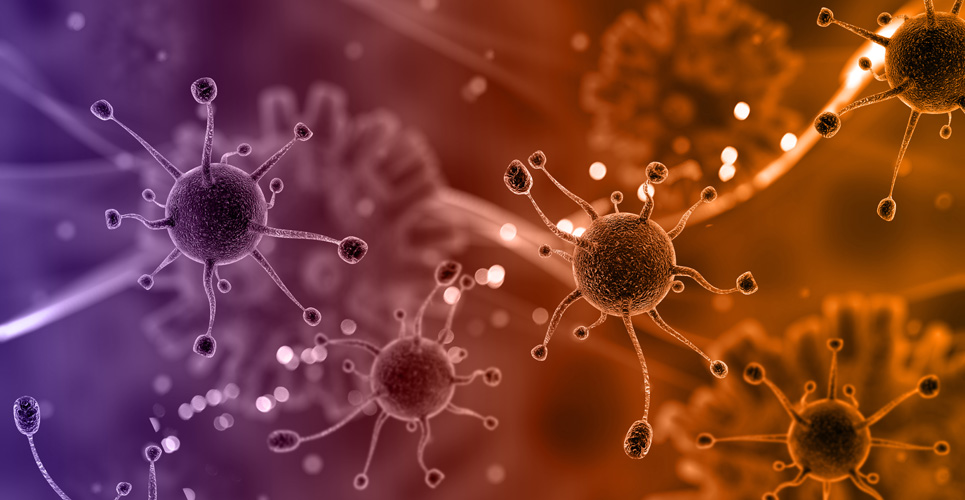teaser
Researchers have uncovered a gene that enables the malaria-causing parasite to resist treatments, it has been revealed.
Plant-based treatment artemisinin is the only effective treatment against the disease in many countries, where the parasite has developed to resist previous drugs such as chloroquine.
But the parasite is beginning to develop against artemisinin as well, so scientists hope that pinpointing the gene responsible for the resistance will help them to control it and create more effective malaria drugs.
The study, which was completed by the University of Edinburgh and New University of Lisbon, examined the genetic fingerprint of the parasites after they were introduced to rodents.
The research was funded by the Medical Research Council and it has been published in BMC Genomics.
Dr Paul Hunt, from the University of Edinburgh’s School of Biological Sciences, said: “This may help track the evolution of drug resistance and may eventually enable the design of alternative, effective drugs.”
The emerging technology used by the scientists for the study allows rapid identification of genes that enable the parasite to withstand existing drug treatments.
There are estimated to be between 300 and 500 million cases of malaria each year, occurring in over 90 different countries, according to the World Health Organisation (WHO).
In 2008, malaria caused nearly one million deaths, mostly among African children, the WHO said.
Copyright Press Association 2010

